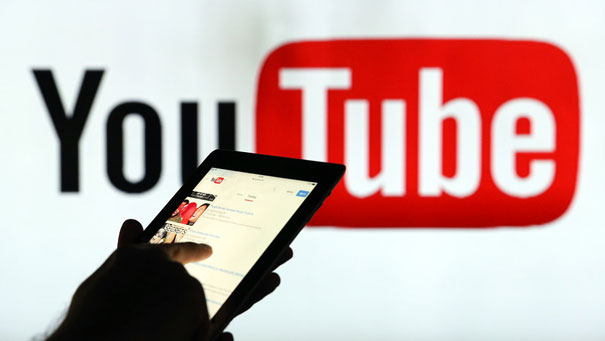Youtube has become the leading platform for hosting online videos and it is fast replacing the conventional forms of entertainment such as television.
All About YouTube’s New ‘Moodwall’ Video Viewing Feature
In some areas, Youtube is banned by the respective governments. You might find it a bit difficult to believe but there are a lot of countries all around the world where you cannot access youtube. So what can you do if you live in such a region where youtube is banned. Well, you can either use a proxy service or you can use a Virtual Private Network (VPN). Here we are going to discuss the pros and cons of using a virtual private network for unblocking Youtube.
6 Simple Hacks To Access Blocked Websites
How to unblock Youtube using a VPN?
Using a VPN to unblock Youtube video is fairly easy and straightforward. Choose a virtual private network service provider, get a subscription to use the service and you are good to go. Before you access Youtube you need to choose a server location. Choose the location in which the video is available or in which there are no restrictions on accessing Youtube. One thing to keep in mind is that while using a VPN, you might experience some lag. But the problem of slow speed can be avoided if you choose your VPN carefully. If you are someone who just needs to access youtube once or twice a week then Tunnelbear is best for you as it provides 500MB of usage for free. But if you are someone who watches a lot of videos then it’s better to go for a paid service such as NordVPN or ExpressVPN.
Top VPN Services for Private Use
Proxy Vs VPN:
We know that youtube can be accessed via a proxy. And we also know that using a proxy is free. But have you considered the level of encryption that proxies offer. The answer is none. Proxies are good if you simply want to watch a video that is banned by an organisation, but using such an unsafe way to watch a video that has been banned by a government can land you in troubled waters. Consider a simple example, it would be relatively safe if you wanted a video that has been banned by a college or a school on their network. In this case you can use the proxy service. But what if that video was banned by your government for political or religious reasons. Would it be safe to watch such a video with no levels of encryption. Common sense says that in the later case proxies must be avoided and you should prefer using a good VPN service. Most of the proxy services use HTTP. Please note that HTTP is not HTTPS. While HTTPS offers some level of encryption, HTTP leaves you vulnerable. Proxies simply trick the servers in believing that the traffic is coming from a different location. They don’t encrypt the data on the network. VPNs on the other hand encrypt data and offer high levels of safety and anonymity so that you can browse privately without compromising your identity.
